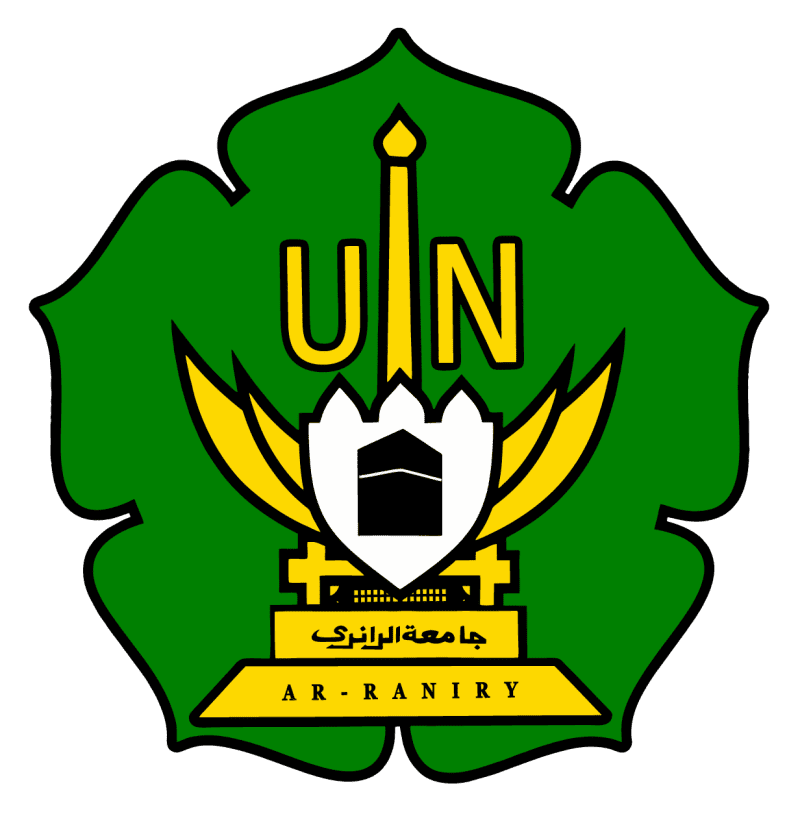Plagiarism Policy
Bunayya: Jurnal Pendidikan Anak is committed to upholding the highest standards of publication ethics and academic integrity. All manuscripts submitted to this journal must be original works and not under consideration by any other publication.
Definition of Plagiarism
Plagiarism includes, but is not limited to:
- Verbatim copying of sentences, paragraphs, or significant portions of another’s work (published or unpublished) without proper quotation and citation.
- Paraphrasing substantial parts of another’s work (ideas, text, or results) without proper attribution.
- Self-plagiarism or duplicate publication, i.e., reusing one's own published material without proper acknowledgment or justification.
- Uncredited use of images, tables, figures, or data.
Plagiarism Screening
All submissions to Bunayya: Jurnal Pendidikan Anak are checked for plagiarism and similarity using iThenticate, Turnitin, or equivalent software either before the peer review process or prior to publication. Minor similarity (e.g., references, common method phrases) is acceptable, but significant overlap with existing works is not allowed.
As a guideline, manuscripts with a similarity index above 20% (excluding bibliography, quotes, and methodological standard phrases) will be returned to authors for proper revision. Manuscripts with serious or intentional plagiarism will be rejected outright.
Procedures When Plagiarism is Detected
- If plagiarism is detected before publication, the manuscript will be immediately rejected. Authors may be blacklisted from future submission.
- If detected after publication, the article will be retracted and a notice of misconduct will be published, informing relevant institutions if necessary.
- All authors are responsible for the content of their submitted work. Should an allegation arise, all named authors will be asked to provide an explanation.
Responsibility
Authors must ensure that their manuscript is free from all forms of plagiarism and that proper citations and permissions have been obtained for all quoted or reproduced materials. Editors and reviewers are expected to remain vigilant for any signs of plagiarism during the editorial and review process.
Ethics Guidelines
This journal follows the guidelines of the Committee on Publication Ethics (COPE). For more information visit: COPE website.
By submitting to Bunayya: Jurnal Pendidikan Anak, authors declare that their work is original and complies with the journal’s plagiarism policy.


